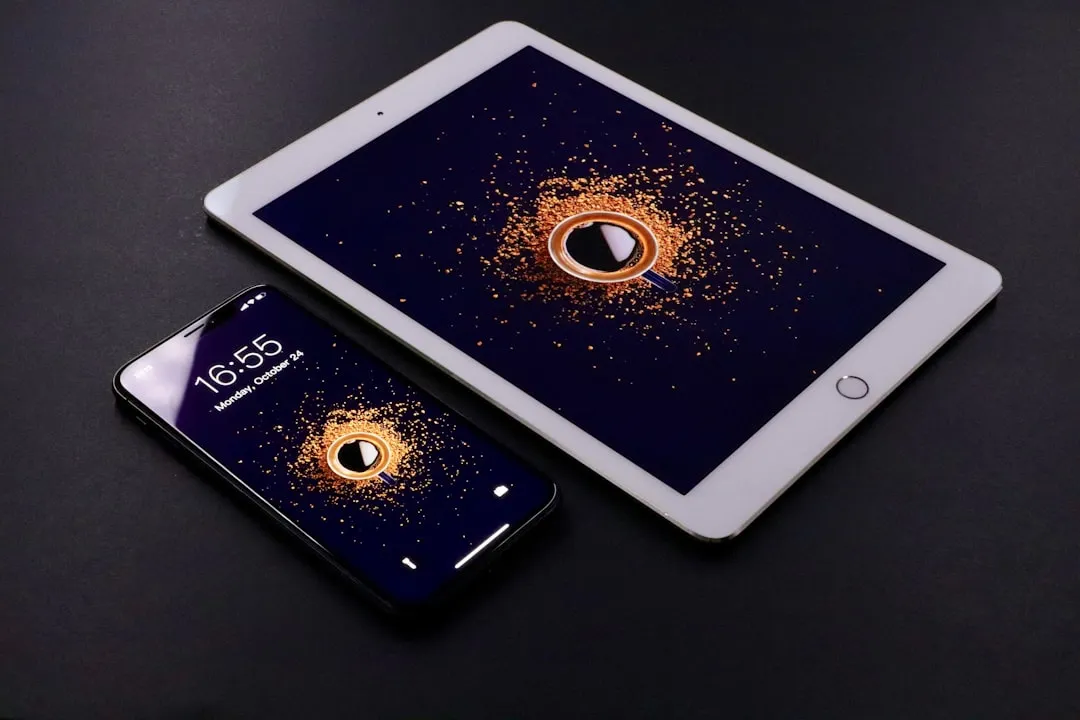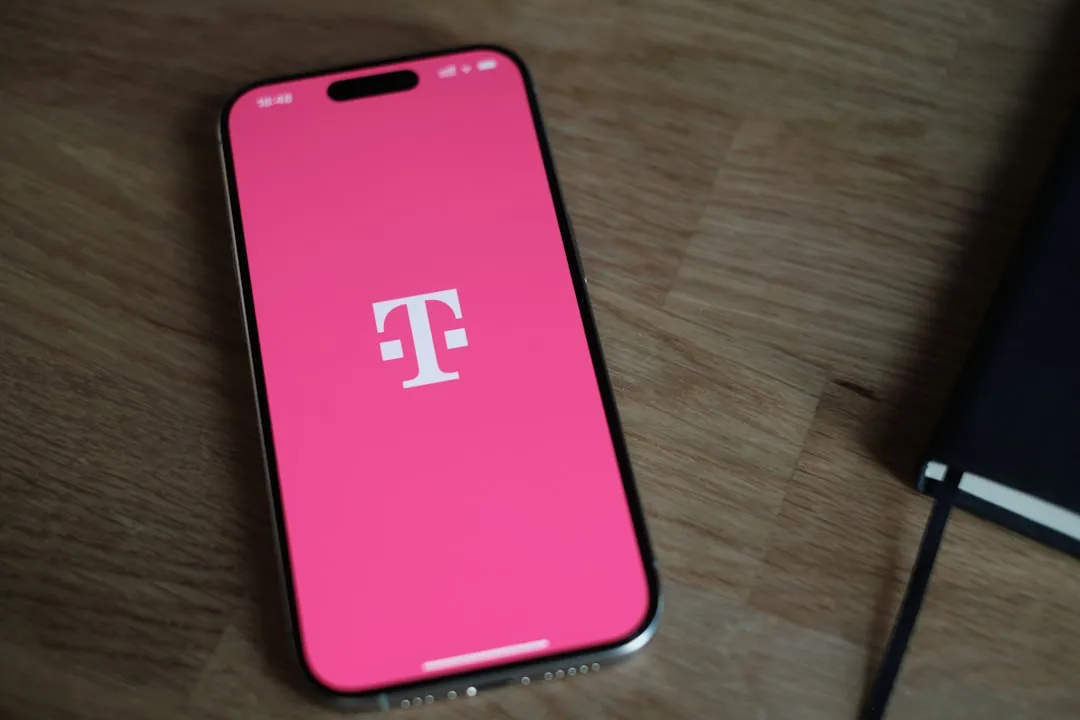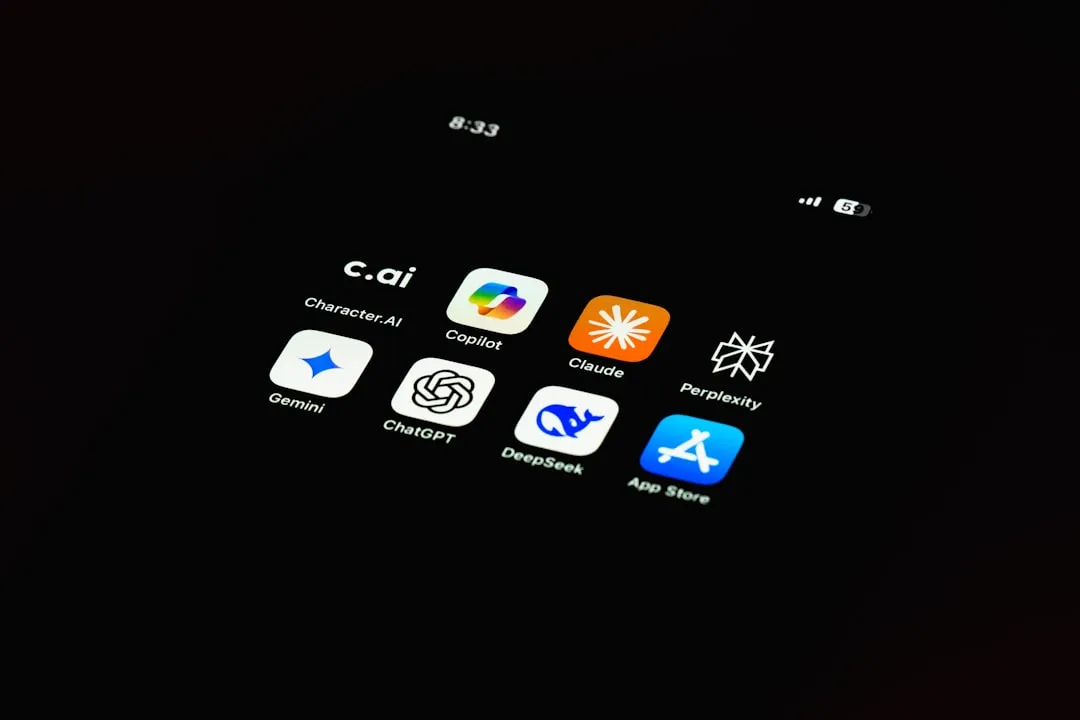You may have recently seen a plethora of Instagram users, including celebrities and politicians, sharing a screenshot declaring that the platform will implement a new "rule" where it would own and could use your photos and videos however it wishes. The screenshots are part of an internet hoax, one that's been around in one way or another since 2012, but what can Instagram actually do with your media?
This issue pops up every other year or so. Someone on the internet fans the flames of fear surrounding Instagram's right to your content and that it can use your content "in court cases in litigation against you." A screenshot goes around declaring independence from Instagram's newfound tyranny. Then, a chorus of articles and posts reminds users that, yes, the whole thing is indeed a hoax.
While the hoax will forever be alive and strong, its core message that Instagram will soon be able to use your content however it wants is absurd since it has already had the right to use your photos and videos, with or without telling you. But is it as bad as the hoax makes it sound?
It's All in the Fine Print
The next time you see someone posting about the hoax, you can refer them to Instagram's Terms of Use. You see, Instagram has had a right to your photos and videos from the very beginning. But instead of hiding the truth from the public, to allow a brave band of rebels to unearth a giant conspiracy, the company lists all of its rights directly in its very legal and very public ToS document.
Let's look at possibly the most essential part of the Terms of Use:
We do not claim ownership of your content, but you grant us a license to use it.
Nothing is changing about your rights in your content. We do not claim ownership of your content that you post on or through the Service. Instead, when you share, post, or upload content that is covered by intellectual property rights (like photos or videos) on or in connection with our Service, you hereby grant to us a non-exclusive, royalty-free, transferable, sub-licensable, worldwide license to host, use, distribute, modify, run, copy, publicly perform or display, translate, and create derivative works of your content (consistent with your privacy and application settings). You can end this license anytime by deleting your content or account. However, content will continue to appear if you shared it with others and they have not deleted it.
There you have it. Instagram doesn't own your content, but boy can it use it. However, it's not any different than what any other free content-sharing site would ask of its users to sign up.
Anything you post on the platform — a photo of you and your significant other, a video of your brother pranking your mother, a Boomerang of the Fourth of July — is fair game for Instagram to use for its own purposes, as long as it lives on the Instagram platform in some way. That means if your friend shared your story in a Highlight or "regrammed" that photo you tried to delete, Instagram can continue to use that content forever. In those instances, you can only blame those friends.
Before you start begging your friends to delete all pictures of you off their Instagrams, we haven't found any instances of Instagram using its users' photos without their consent, other than sharing content to its official Instagram or Facebook page for promotion. If that thought terrifies you, go forth with the nuclear option, by all means. But again, anything of yours saved or posted by friends is still fair game.
And in the Data Policy that's included in the Terms of Use:
We collect the content, communications and other information you provide when you use our Products, including when you sign up for an account, create or share content, and message or communicate with others. This can include information in or about the content you provide (like metadata), such as the location of a photo or the date a file was created. It can also include what you see through features we provide, such as our camera, so we can do things like suggest masks and filters that you might like, or give you tips on using camera formats. Our systems automatically process content and communications you and others provide to analyze context and what's in them for the purposes described below. Learn more about how you can control who can see the things you share.
It goes on to say that it can basically use your entire photo and video library, among many other data points, for connecting information across Facebook Products and devices, to grab location-related information, for product research and development, as well as for ads and other sponsored content. It could even use your photos to create a template for facial recognition so it can identify you in pictures and other content.
As for your profile photo, that can be used in ads, but not in the way you think. Instagram may use your profile image in images and video content for promotion of its own product, such as in a video showing off a new Instagram feature or screenshots of the interface in a blog post showing how something works. However, it's fair game for almost anything across all of Facebook's products, but Instagram's example makes it very clear how they would typically use your info, and it doesn't sound that bad.
Permission to use your username, profile picture, and information about your relationships and actions with accounts, ads, and sponsored content.
You give us permission to show your username, profile picture, and information about your actions (such as likes) or relationships (such as follows) next to or in connection with accounts, ads, offers, and other sponsored content that you follow or engage with that are displayed on Facebook Products, without any compensation to you. For example, we may show that you liked a sponsored post created by a brand that has paid us to display its ads on Instagram. As with actions on other content and follows of other accounts, actions on sponsored content and follows of sponsored accounts can be seen only by people who have permission to see that content or follow. We will also respect your ad settings. You can learn more here about your ad settings.
Instagram Can Delete Your Posts
Speaking of deletion, Instagram reserves rights to that side of content sharing as well:
We can remove any content or information you share on the Service if we believe that it violates these Terms of Use, our policies (including our Instagram Community Guidelines), or we are permitted or required to do so by law. We can refuse to provide or stop providing all or part of the Service to you (including terminating or disabling your account) immediately to protect our community or services, or if you create risk or legal exposure for us, violate these Terms of Use or our policies (including our Instagram Community Guidelines), if you repeatedly infringe other people's intellectual property rights, or where we are permitted or required to do so by law.
Basically, if Instagram thinks your post, posts, or whole account violate any of the policies listed in its Terms of Use, you're toast. If you're nervous about violating these rules, make sure to read through the whole Terms of Use but, to be honest, you're probably fine. Your weekly brunch uploads aren't going to tick off Instagram, that's its whole brand.
If you're worried about violating Instagram's Terms of Use, you might as well read the Terms of Use for all of your apps. Although, maybe it is worth a read, as there are some interesting things in there. Did you know Instagram can change your username at any time?
What if the Police Come Knocking?
Oh, then you're totally screwed. If they come with a warrant in hand, anyway. Instagram won't give up your personal information — including photos and videos — to law enforcement willy-nilly. It requires a proper search warrant before giving up your posts:
We disclose account records solely in accordance with our terms of service and applicable law, including the federal Stored Communications Act ("SCA"), 18 U.S.C. Sections 2701-2712. Under the SCA: a search warrant issued under the procedures described in the Federal Rules of Criminal Procedure or equivalent state warrant procedures upon a showing of probable cause is required to compel the disclosure of the stored contents of any account, which may include messages, photos, comments, and location information.
In conclusion? Instagram has always retained the right to use your content. That was true when you first signed up, and that will likely be true as long as there's an Instagram to post to. The good news? You explicitly own your photos and videos, even if Instagram is always looming above it. Just be wary of how your friends share your content — once it's off your page, it's in Instagram's hands. And know that if law enforcement has a valid reason to go after you, Instagram won't be able to do much to protect your brunch pics.
Cover image by Jake Peterson/Gadget Hacks

























Comments
Be the first, drop a comment!